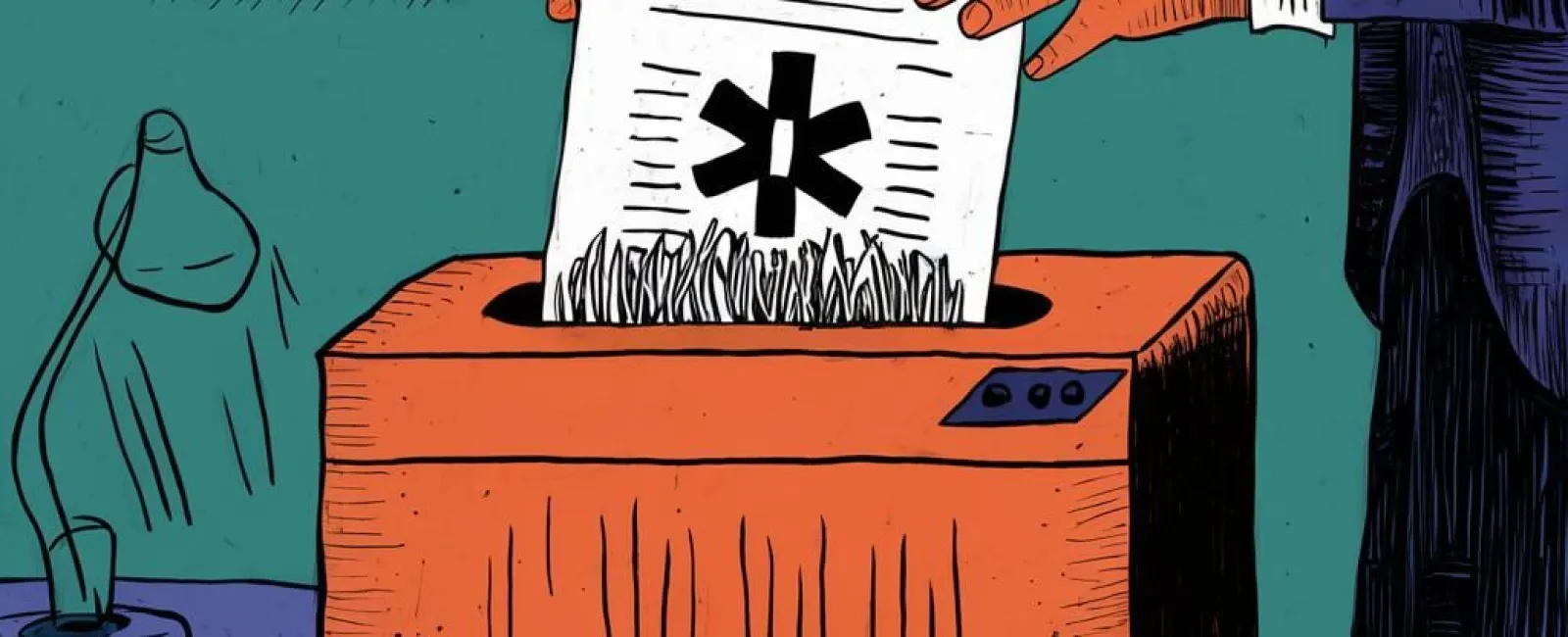September 16, 2024
Health insurance is intended to ensure individuals and families have access to essential treatments, preventive services, and emergency care. However, it has also become a target for scammers seeking financial gain.
This past February, Change Healthcare experienced a cyber-attack affecting thousands of healthcare providers, insurers, and policyholders across the country. Reports indicate that nearly half of all U.S. medical claims could be compromised. To illustrate, if you're in a waiting room with nine others, there's a high probability that five of you might become victims of medical identity theft within the year. The consequences of this fraud are severe, impacting countless people and their healthcare access. Once your medical information is exposed online, identity thieves can exploit it to file fraudulent claims, purchase costly prescriptions, and more, all charged to your account.
The most alarming aspect is how some people discover they've been affected. While some encounter issues like tax or mortgage fraud, others visit their doctor to discuss a procedure only to receive a rejection letter from their insurer. The letter states their benefits are exhausted due to multiple procedures this year, even though they haven't undergone any. Their medical ID was stolen and used by someone else.
The concern extends beyond individuals. Unscrupulous organizations can exploit your medical information for fraudulent billing. They submit false claims for services you never requested or received, collect the payouts, and leave you with the bill. In July, 193 individuals, including 76 healthcare professionals, were charged in various healthcare fraud schemes, resulting in $2.75 billion in false billings to federal programs. Medical fraud is a real threat!
How Can You Tell If You're a Victim?
Here are 10 indicators that your medical ID might have been stolen and misused by cybercriminals:
- Unexpected Medical Bills: Receiving invoices for services you didn't receive is a significant warning sign.
- Collection Notices: Being contacted by debt collectors for unpaid medical bills that aren't yours.
- Errors in Medical Records: Discovering inaccuracies in your medical records, such as treatments you never had, incorrect diagnoses, or unfamiliar medical histories.
- Insurance Issues: Having health insurance claims denied because your benefits are maxed out, despite not using the services.
- Notifications from Your Insurance Provider: Receiving alerts about claims or services you don't recognize.
- Unknown Accounts: Finding new health insurance accounts or medical records under your name that you didn't create.
- Discrepancies in Your Explanation of Benefits (EOB): EOB statements listing services you didn't receive.
- Being Denied Insurance: Facing difficulties obtaining life or health insurance due to medical conditions you don't have being listed in your records.
- Calls from Medical Providers: Receiving calls about appointments or follow-ups for treatments you never had.
- Unfamiliar Prescriptions: Notices about prescriptions filled in your name that you didn't authorize or receive.
How Can You Prevent Becoming A Victim
Of Medical ID Fraud?
Don't
become the next medical ID theft victim. Here are a few steps you can take to
protect yourself:
● Check For Health Care Breaches: Use a searchable database, like this one, to find out if your health care
information has been compromised.
● Secure Your Records: Store paper copies of medical
records in a safe or lockbox to prevent unauthorized access. If your health care
organization's system is compromised and records are lost, altered or unable to
be accessed, you will be glad you did this.
● Shred Documents: Shred any documents with
personal information before disposing of them.
● Monitor Your Medical Records: Regularly request and review your medical records from your health care
providers and look for unfamiliar treatments, diagnoses or other discrepancies.
● Review Insurance Bills: Carefully review explanation of benefits
(EOB) statements from your insurance provider for any services you did not
receive and question unfamiliar or unclear charges. Contact your insurer immediately if you see any charges or services
that you don't recognize. Afterward, report any billing errors to the
credit bureaus at IdentityTheft.gov.
● Dispose Of Prescription Labels: Remove labels from empty
prescription bottles before discarding them! These labels can contain
information that, believe it or not, can be used to steal your identity.
● Monitor Your Credit: At AnnualCreditReport.com, you are able to get three free
reports a year to keep an eye on any suspicious activity.
Health
care will always be around and will also always be a target for hackers.
Attacks on hospitals, doctors' offices and other medical facilities will
continue. It's important that you are taking proactive measures to protect
yourself. We can help you find out how you're at risk with our FREE Consult. Using this technology, we can quickly find out if your information has
been put up for sale on the dark web or if you've been a victim of a data
breach. To book your Consult, call us at 630-320-3723 or click here.





